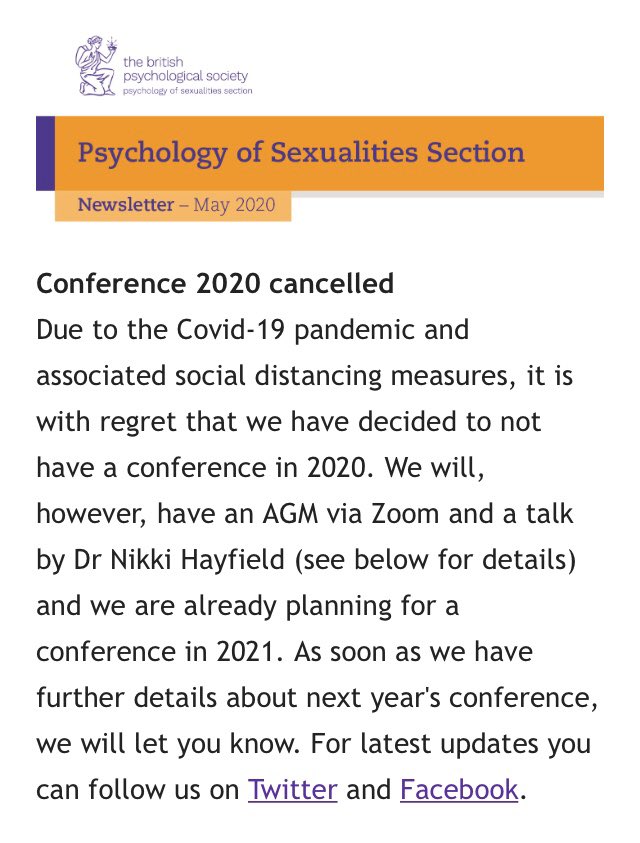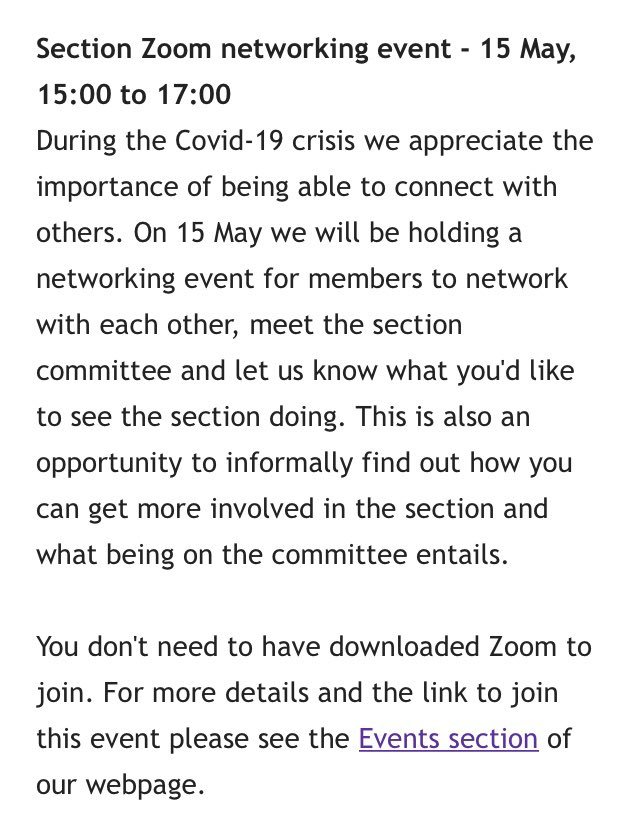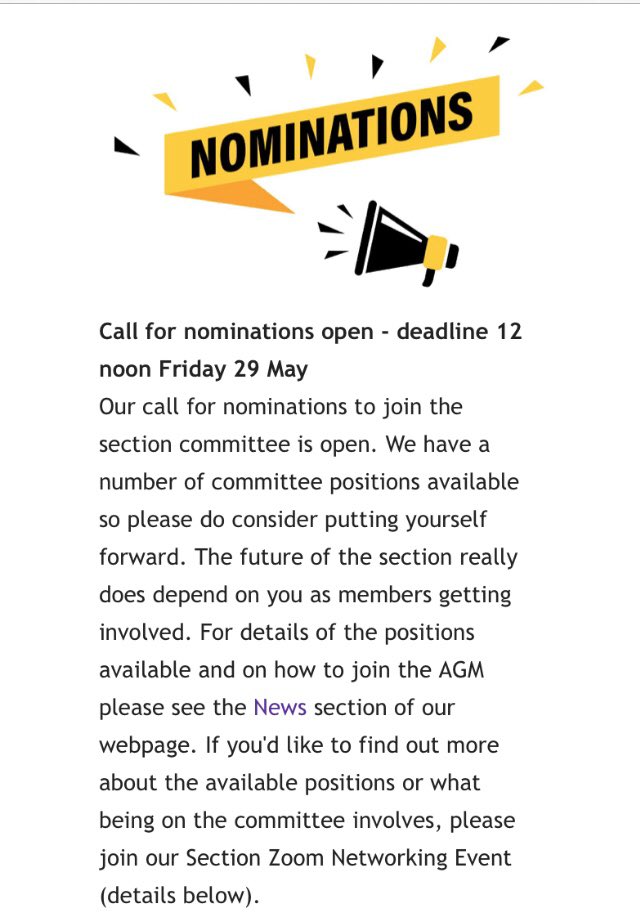
So the public consultation on the Government's proposals to #BanConversionTherapy is now closed.
But there's so much more we can do to end conversion therapy! Here are 6 suggestions for how you can help make conversion therapy history #LGBTHM22 🧵👇(1/7)
But there's so much more we can do to end conversion therapy! Here are 6 suggestions for how you can help make conversion therapy history #LGBTHM22 🧵👇(1/7)

1: Write to your MP asking them to support efforts to end conversion therapy. Details of how you can contact your MP can be found here: parliament.uk/get-involved/c… (2/7)
2: If you are responsible for training psychologists or other health professionals, ensure your curriculum includes adequate training to enable your trainees to work effectively and ethically with gender and sexually diverse clients. Make them aware of relevant guidelines (3/7)
3: Initiate conversations about safeguarding LGBT+ people within your faith community. Conversion therapy is often experienced in faith settings. Advocate for ethical forms of pastoral support that focus on emotional support rather than efforts to change sexuality or gender (4/7)
4: Advocate for better access to appropriate health care services for LGBT+ people. Signpost people to LGBT+ support services or to trained members of professional bodies that have signed the memorandum of understanding on conversion therapy bps.org.uk/news-and-polic…. (5/7) 

5: Challenge negative stereotypes that stigmatise LGBT+ people and challenge false assertions that pathologise LGBT+ identities as being a deficit, deficiency or disorder (6/7)
6: Encourage LGBT+ inclusion and wider acceptance of diversity within your family, workplace, faith setting and wider community. When we eliminate stigma and shame, we will remove key factors that drive people towards conversion therapy (7/7)
If you have been a victim of so-called conversion therapies, or are worried you’re at risk, please give the helpline a call or email. @GalopUK's expert LGBT+ team are here to offer support.
📞 0800 130 3335
✉ CThelp@galop.org.uk
📞 0800 130 3335
✉ CThelp@galop.org.uk

• • •
Missing some Tweet in this thread? You can try to
force a refresh









